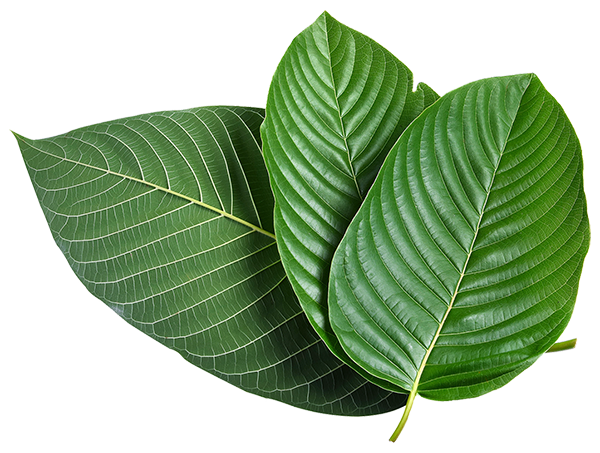The Top 10 Amazing Health Benefits Of Turmeric Curcumin.
Posted by TheHealthPlace on Aug 21st 2023
Turmeric is not just a spice that gives curry its vibrant yellow color and unique flavor; it also contains a powerful compound called curcumin. For thousands of years, turmeric has been used in India as both a spice and a medicinal herb. Traditional claims about its health benefits are now being backed up by recent scientific research, revealing the incredible potential turmeric and curcumin hold for our well-being.
What are turmeric and curcumin?
Turmeric is a plant that belongs to the ginger family and is native to Southeast Asia. Its rhizomes, which are the underground stems, are harvested and dried to create the bright yellow spice known as turmeric. Curcumin, on the other hand, is the main active ingredient in turmeric and is responsible for its numerous health benefits. It is a strong antioxidant and has powerful anti-inflammatory effects, making it a valuable component of a healthy lifestyle.
Top 10 evidence-based health benefits of turmeric and curcumin
- Contains bioactive compounds with medicinal properties: Turmeric contains compounds called curcuminoids, with curcumin being the most important one. These compounds have been shown to have various medicinal activities.
- Natural anti-inflammatory compound: Chronic inflammation is connected to many diseases, such as heart disease, cancer, and metabolic syndrome. Curcumin has been found to have anti-inflammatory effects, reducing inflammation at the molecular level.
- Increases antioxidant capacity of the body: Oxidative damage is believed to be one of the mechanisms behind aging and various diseases. Curcumin has been found to boost the body’s antioxidant enzymes and provide protection against free radicals.
- Boosts brain-derived neurotrophic factor (BDNF): BDNF is a growth hormone responsible for the growth and survival of neurons. Curcumin has been shown to enhance BDNF levels, potentially delaying or reversing brain-related diseases and improving brain function.
- Lowers risk of heart disease: Heart disease is the leading cause of death worldwide. Curcumin may improve the function of the endothelium, the lining of blood vessels, as effectively as exercise. It also reduces inflammation and oxidative stress, both of which contribute to heart disease.
- Helps prevent cancer: Curcumin is known to affect cancer development, growth, and spread at the molecular level. It may prevent cancer by inhibiting the onset of tumors, reducing angiogenesis (the growth of blood vessels in tumors), and preventing the spread of cancer cells.
- Useful in treating Alzheimer's disease: Alzheimer's disease is the most common neurodegenerative disease worldwide. Curcumin has been studied for its potential to cross the blood-brain barrier and clear amyloid plaques, which are a hallmark of Alzheimer's disease. It also has anti-inflammatory and antioxidant effects that could help prevent or slow down the progression of the disease.
- Arthritis patients respond well to curcumin supplements: Arthritis involves inflammation in the joints, leading to pain and stiffness. Curcumin has been found to be as effective as some anti-inflammatory drugs in reducing symptoms. It can also provide relief to individuals suffering from other inflammatory conditions.
- Benefits against depression: Curcumin has shown promise in relieving symptoms of depression, possibly by increasing levels of serotonin and dopamine in the brain. It may also have anti-inflammatory effects that can benefit mental health.
- Helps delay aging and fight age-related chronic diseases: The antioxidant and anti-inflammatory properties of curcumin contribute to its ability to combat aging and age-related chronic diseases. By reducing oxidative stress and inflammation, curcumin may help slow down the aging process and promote overall health.
How to consume turmeric and curcumin
To experience the benefits of turmeric and curcumin, there are several methods of consumption you can try:
- Using turmeric as a spice in your cooking: Incorporate turmeric into your meals by adding it to dishes like curries, soups, stir-fries, and roasted vegetables. Its unique flavor and vibrant color can enhance the taste and nutritional value of your favorite recipes.
- Taking curcumin supplements: If you prefer a more concentrated form of curcumin, consider taking curcumin supplements. These supplements usually contain a higher dosage than what you can get from using turmeric as a spice.
- Consuming curcumin with black pepper: Black pepper contains a compound called piperine, which can enhance the absorption of curcumin. If you are taking curcumin supplements, consider consuming them with black pepper or adding black pepper to turmeric-containing dishes.
- Taking curcumin supplements with a meal high in fat: Curcumin is fat-soluble, meaning it is better absorbed in the presence of fat. Consider taking your curcumin supplements with a meal that contains healthy fats, such as avocado, olive oil, or nuts.
Conclusion
Turmeric and curcumin have been widely used in traditional medicine for thousands of years, and recent scientific research is beginning to uncover the diverse health benefits associated with these natural ingredients. From their anti-inflammatory and antioxidant effects to their potential role in preventing chronic diseases, turmeric and curcumin have shown immense promise. While more research is needed to fully understand their potential, incorporating turmeric into your diet or considering curcumin supplements may contribute to your overall health and well-being.
PRODUCT: https://thehealthplace.net/turmeric-supreme/


